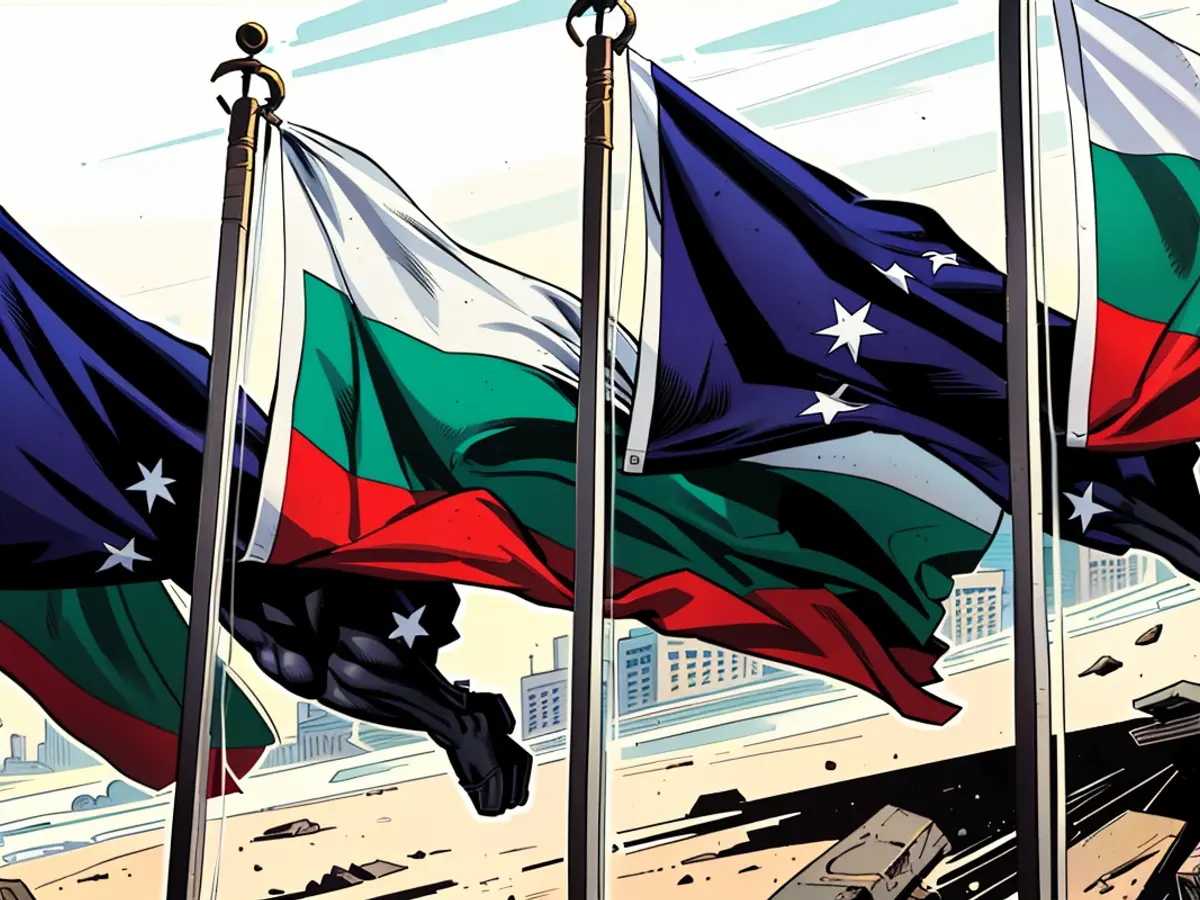Bulgaria has a new government - parliamentary majority unclear
Bulgaria continues its course of western alignment. The introduction of the Euro is also a central goal for the new government. However, it is still uncertain if the cabinet, which was established three weeks after the election, will be able to build a majority in parliament.
Three weeks after a premature parliamentary election in Bulgaria, the center-right winner Gerb-SDS has established a pro-western government. The future prime minister is ex-parliamentary chairman Rossen Scheljaskow. Daniel Mitov, an overt Euro-Atlanticist, is expected to be the foreign minister, a position he previously held. Gerb-SDS leader and former prime minister Boiko Borissov stated that the first tasks would be the new state budget and the preparation for the planned introduction of the Euro.
The parliament is expected to vote on the cabinet proposal this Wednesday. The government composition consists of prominent Gerb politicians and approximately one third of ministers from the current caretaker cabinet. Borissov warned against another election if the first government mandate fails.
It was initially unclear if the Gerb-SDS government would receive a majority in the 240-seat parliament. Gerb-SDS holds only 68 mandates, so it is dependent on yes votes from other parties. Their support for a Gerb-SDS government has been secured so far only by the second-placed party, the pro-western liberal movement for Rights and Freedoms DPS (46 mandates).
The coalition that had governed Bulgaria with Gerb-SDS until March, the similarly pro-western liberal-conservative alliance PP-DB (39 mandates), rejected any support for a cabinet of the former coalition partner promptly. With such rejections, the necessary reforms for Bulgaria become impossible, wrote PP-DB leader Kiril Petkow on Facebook. The Socialists (BSP, 18 mandates) and the pro-Russian, nationalist party Vaschdan (Revival, 38 mandates) also did not want to support a Gerb-SDS cabinet.
In the June 9 elected National Assembly in Sofia, a total of seven political forces are represented. The ballot was the sixth parliamentary election within three years. During the campaign, Borissow had held out the prospect of a coalition to end the long-term political instability in the country.
The newly established government in Bulgaria, led by Gerb-SDS and Prime Minister Rossen Scheljaskow, has a pro-western political agenda. The anticipated approval of the cabinet proposal in parliament this Wednesday will determine if they can govern with a majority, as they depend on support from other parties.








